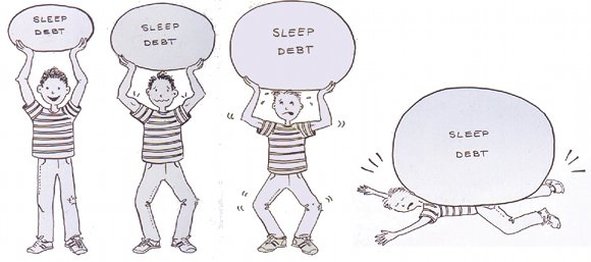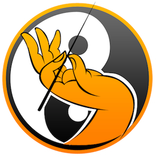|
7 tips to sleep better
Many of us find it hard to fall asleep at night and stay asleep, as a result we often wake up feeling groggy and not rested. Sometimes improving sleep is as simple as changing your habits during the day. Below are easy ways that can dramatically help you get a good night’s rest! Cut yourself off in the afternoon. Believe it or not, even having caffeine at 2pm can affect your sleep. Make sure to get that last cup of coffee in beforehand and watch out for certain drinks you may forget have caffeine in them such as soda and many teas. Try medical Qigong. Practicing deep breathing and stretching before bed can help relax the mind and body. Try spending even just ten minutes to stretch and practice mindfulness. Limit your screen time. Let’s face it, we are all addicted to our phones and computers. It’s tempting to look at your phone until the moment you fall asleep. Turn off all electronics an hour before bed to help the brain get into sleep mode. The screens on your devices make it hard for the brain to relax. Acupuncture. If you are finding yourself struggling with insomnia you may want to consider acupuncture treatment. Acupuncture is non invasive and has been proven to reduce stress, help chronic pain and increase quality of sleep. Aromatherapy. Lavender has been proven to lead to a better, deeper sleep and help those with insomnia fall asleep more easily. Sniff or rub lavender oil on your wrists before bed to feel the effects. Exercise. Exercising regularly has many health benefits. It can also help you get a better sleep. Even just 20 minutes of some form of exercise a day can make a difference. Cut down on the alcohol. Although some drink a glass of wine before bed to unwind and fall asleep, you are actually more likely to get a poorer quality of sleep. If you do decide to drink, do so earlier in the night to ensure a deep sleep. TCM for sleep If you are suffering from insomnia or unable to get a good night’s rest, you are not alone. Around 60 million Americans experience insomnia and sleep related problems on a daily basis. Prescription sleeping pills are one of the most highly overused medications and can lead to side effects and addiction. Acupuncture is a centuries-old practice that has been proven to help sleep disorders without the risk of addiction or putting chemicals in the body. How acupuncture works Acupuncture works by addressing the root of the problem to return the body back to health. One clinical study found that patients with anxiety had increased sleep time, quality of sleep and felt less stressed with acupuncture treatment. Traditional Chinese Medicine uses the meridian system, the body’s channel in which energy flows through, to stimulate Qi to return the organs to balance. When there is an imbalance in the body, illness such as insomnia arises. Acupuncture uses specific points on the body related to sleep problems to treat underlying issues. There are many problems that contribute to insomnia such as chronic pain, depression and stress. Acupuncture is known to be a great alternative treatment for these related issues. In TCM, insomnia is looked at as a heart and liver imbalance. Acupuncture especially addresses these organs to help calm the nervous system and improve the muscle and nerve channels by increasing blood flow. Chinese herbs for sleep There are many Chinese herbs that have been known to help insomnia and to get a better quality sleep. These herbs are easy to find at the store and are widely safe to use. Chrysanthemum tea: Chrysanthemum is known to help the clean the liver. When the liver is not working properly, it can cause insomnia, irritability and dizziness. Ginseng tea: Ginseng is used for a number of health benefits. It is commonly used to help fatigue, dry mouth and shortness of breath. Although ginseng is typically known as being a stimulant, the root works by normalizing your body’s stress levels. Because of this, when taken during the day, studies have shown that it can help increase quality of sleep at night. Schisandra tea: Schisandra berry tea can be found at health stores and is known to promote lung and kidney function. Because of this, it is a great tea to help insomnia and fatigue. There are many options when it comes to treating insomnia. Traditional Chinese Medicine offers an effective treatment that leaves out the dependency of sleep-aid medications. Tangible Acupuncture - Redwood City, Menlo Park, San Carlos
0 Comments
Leave a Reply. |
AuthorDr. Igor Bril Archives
March 2020
Categories |
our Services
Acupuncture
Herbal Formulas Orthomolecular Medicine Medical Qigong Lifestyle Coaching Other Modalities |
TreateD Conditions |
Company |
Copyright © 2014 | 2943 Broadway St, Redwood City CA, 94062 | 650 503-6362


 RSS Feed
RSS Feed
